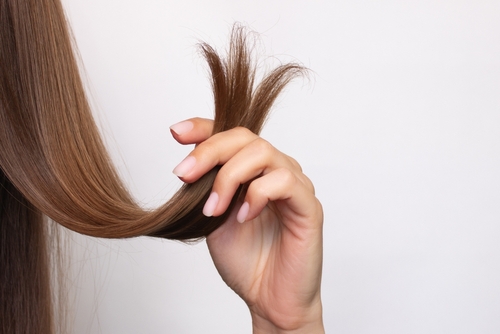Home
/
Symptoms
/
Excessive Hair Growth on the Face, Chest, Back, or Abdomen – Causes, Diagnosis, and Treatment
Excessive Hair Growth on the Face, Chest, Back, or Abdomen – Causes, Diagnosis, and Treatment at Emirates Hospitals Group
Excessive hair growth, medically known as hirsutism, is a condition in which coarse, dark hair grows in areas where women typically have minimal hair, such as the face, chest, back, or abdomen. While this condition is common in men, excessive hair growth in women may indicate an underlying hormonal imbalance or medical disorder. At Emirates Hospitals Group, we provide advanced diagnostic and treatment solutions to help manage and treat hirsutism effectively.
Causes of Excessive Hair Growth
Hirsutism can result from various factors, including:
- Hormonal Imbalances: Elevated androgen levels, often due to polycystic ovary syndrome (PCOS), can lead to excessive hair growth.
- Genetics: A family history of hirsutism can increase the likelihood of excessive hair growth.
- Medications: Certain drugs, such as anabolic steroids, testosterone supplements, and some hormonal treatments, may cause unwanted hair growth.
- Cushing’s Syndrome: High cortisol levels due to prolonged steroid use or adrenal gland disorders can contribute to hirsutism.
- Insulin Resistance: Conditions like type 2 diabetes and metabolic syndrome can stimulate excess androgen production.
- Tumors: Rarely, androgen-secreting tumors in the ovaries or adrenal glands can trigger excessive hair growth.
Diagnosis of Excessive Hair Growth
A thorough evaluation is essential to determine the cause of hirsutism. Our diagnostic approach includes:
- Medical History and Physical Examination: Assessing hair growth patterns, menstrual cycle irregularities, and associated symptoms.
- Blood Tests: Measuring hormone levels, including androgens, testosterone, and insulin.
- Ultrasound Imaging: Examining the ovaries for cysts, a common sign of PCOS.
- CT or MRI Scans: Detecting adrenal or ovarian tumors if suspected.
Treatment Options For Hair Growth on Body
The treatment plan for excessive hair growth depends on its underlying cause and may include:
- Hormonal Therapy: Birth control pills or anti-androgen medications to regulate hormone levels.
- Topical Creams: Prescription creams that slow hair growth.
- Laser Hair Removal: A long-term solution that reduces unwanted hair using laser technology.
- Electrolysis: A permanent hair removal method that destroys hair follicles.
- Lifestyle Changes: Weight loss and dietary adjustments to manage insulin resistance and hormonal imbalances.
At Emirates Hospitals Group, our team of endocrinologists, dermatologists, and specialists provide personalized treatment plans to help patients manage excessive hair growth effectively.
Related Treatments



